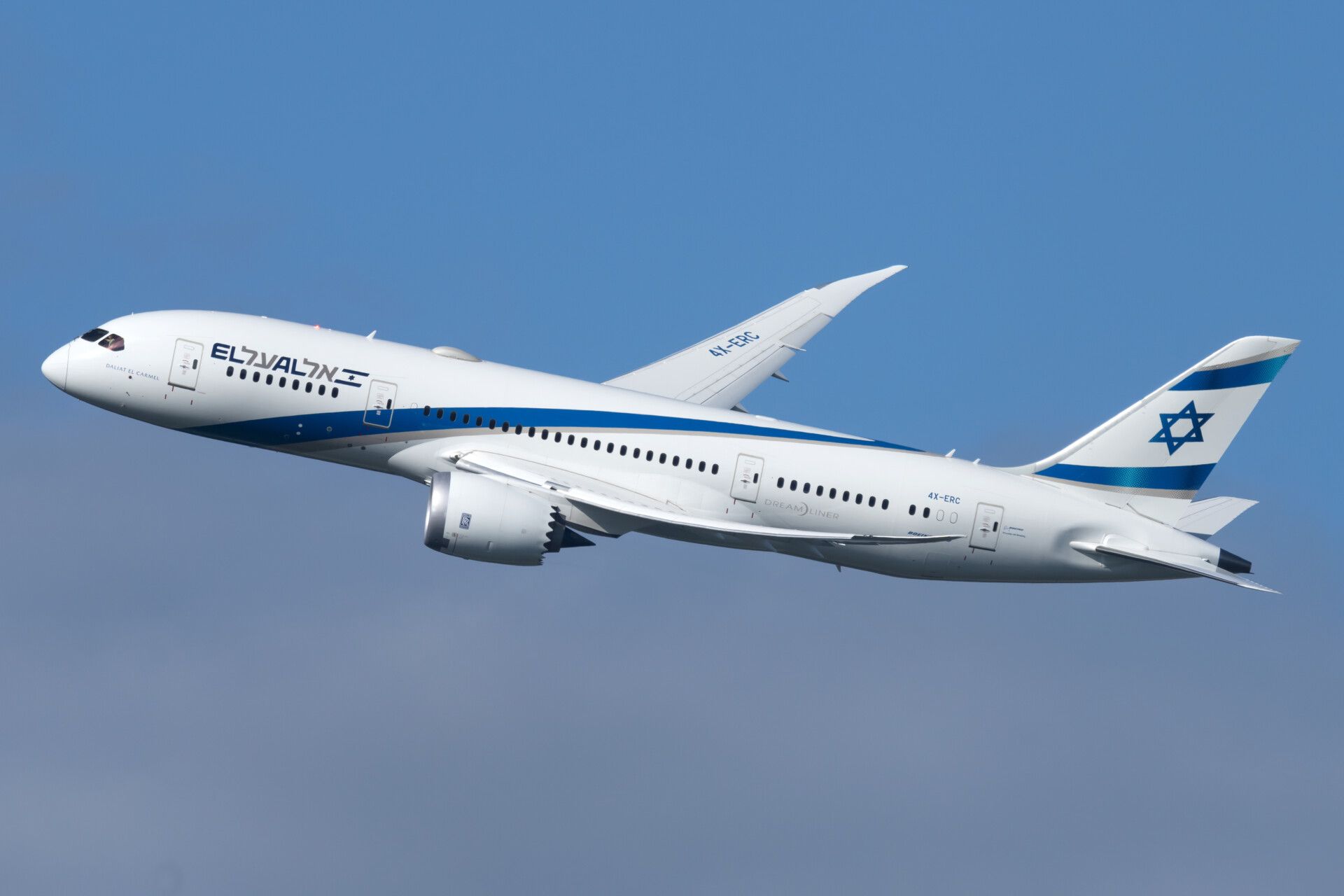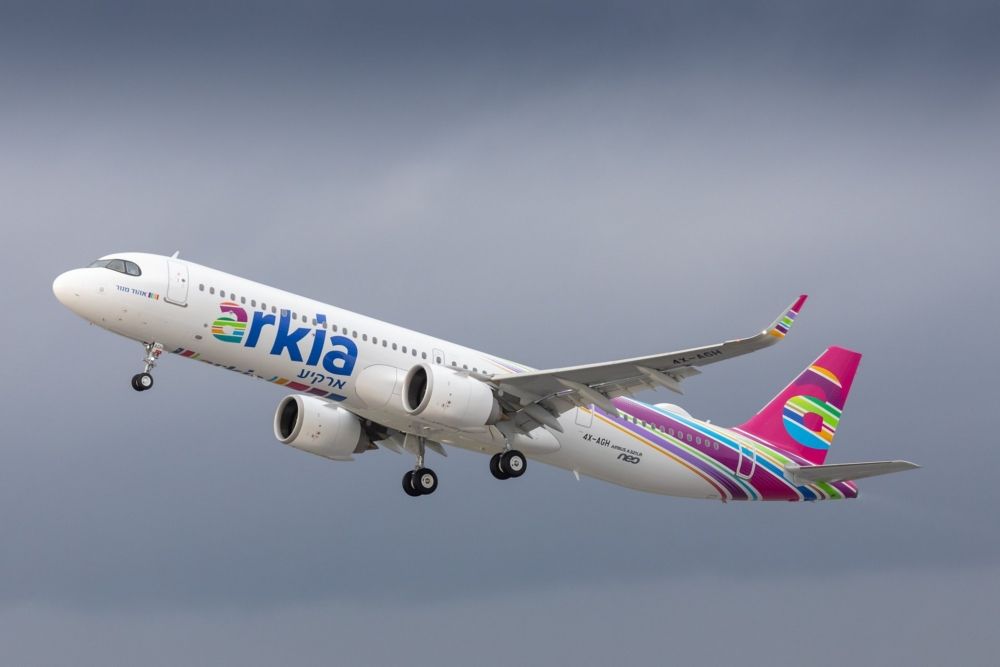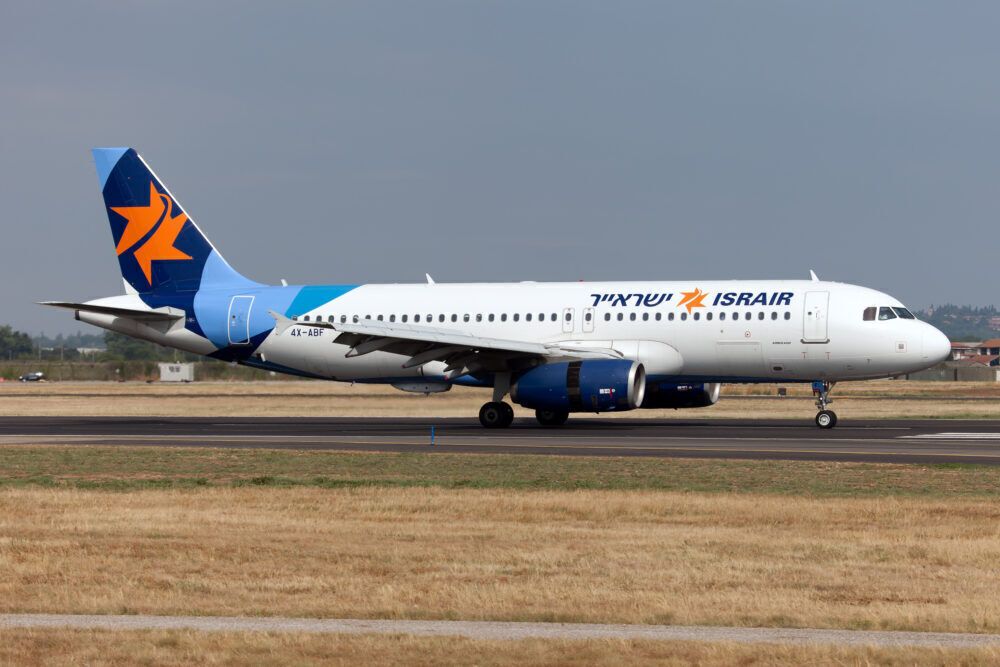As Israeli carriers struggle due to border closures, the government has stepped up its bailout measures. The country's three carriers, flag carrier El Al, Israir, and Arkia, will now receive $85 million in state aid. The injection plus easing restrictions will hopefully allow carriers to chart a recovery from the crisis.
More aid
As Israeli airlines reel from winter restrictions due to the Omicron variant, the government is stepping up efforts to support carriers. According to Globes, the Treasury has increased state aid by $44 million this week, to $85 million in total. The agreement covers all three major airlines with different proportions.
In exchange, the carrier's current shareholders must inject $2 for every $3 the government chips in, increasing the total investment to over $141 million. However, the state's share of any airline won't exceed 24%, which will be close for El Al, of which it owns 13.3% today.
In a statement seen by Reuters, the government said,
"The spread of Omicron in the world and in Israel has caused a significant drop in the activities of Israeli airlines. The finance and transportation ministries have worked intensively to formulate an additional blueprint to enable those companies to weather the crisis."
Stay informed: Sign up for our daily and weekly aviation news digests.
Additional support
The $44 million top-up comes to support Israeli airlines after Omicron-induced restrictions. The highly vaccinated country closed its border to all foreigners in late November as the new variant began spreading globally. The snap closure severely hurt carriers, who had just started to ramp up foreign flights.
With the foreigner ban in effect through December, airlines likely lost considerable business over the busy period. Especially effect was flag carrier El Al, which was seeking $100 million in aid in September, well before Omicron. Now, the government has agreed to support the carrier further, likely providing tens of millions in direct stimulus.
The bailout comes in the form of interest-free bonds for three years for each airline. This gives carriers to bounce back to pre-pandemic traffic and repay the loans within the timeframe, although more disruptions will likely see further aid.
Restrictions today
Along with funding, Israel has also eased border restrictions, greatly boosting traffic in the near future. The red list has been scrapped, with all countries now classified as "orange" or medium-risk. This means vaccinated travelers can enter the country with PCR testing and/or proof of previous infection.
This reopening of borders will see more seamless travel in the coming weeks and months, helping airlines return to their traditional and growing markets. For now, expect to see airlines slowly growing international traffic numbers as travel reopens once again.
What do you think about Israel's latest round of state aid? Is it enough? Let us know in the comments!



